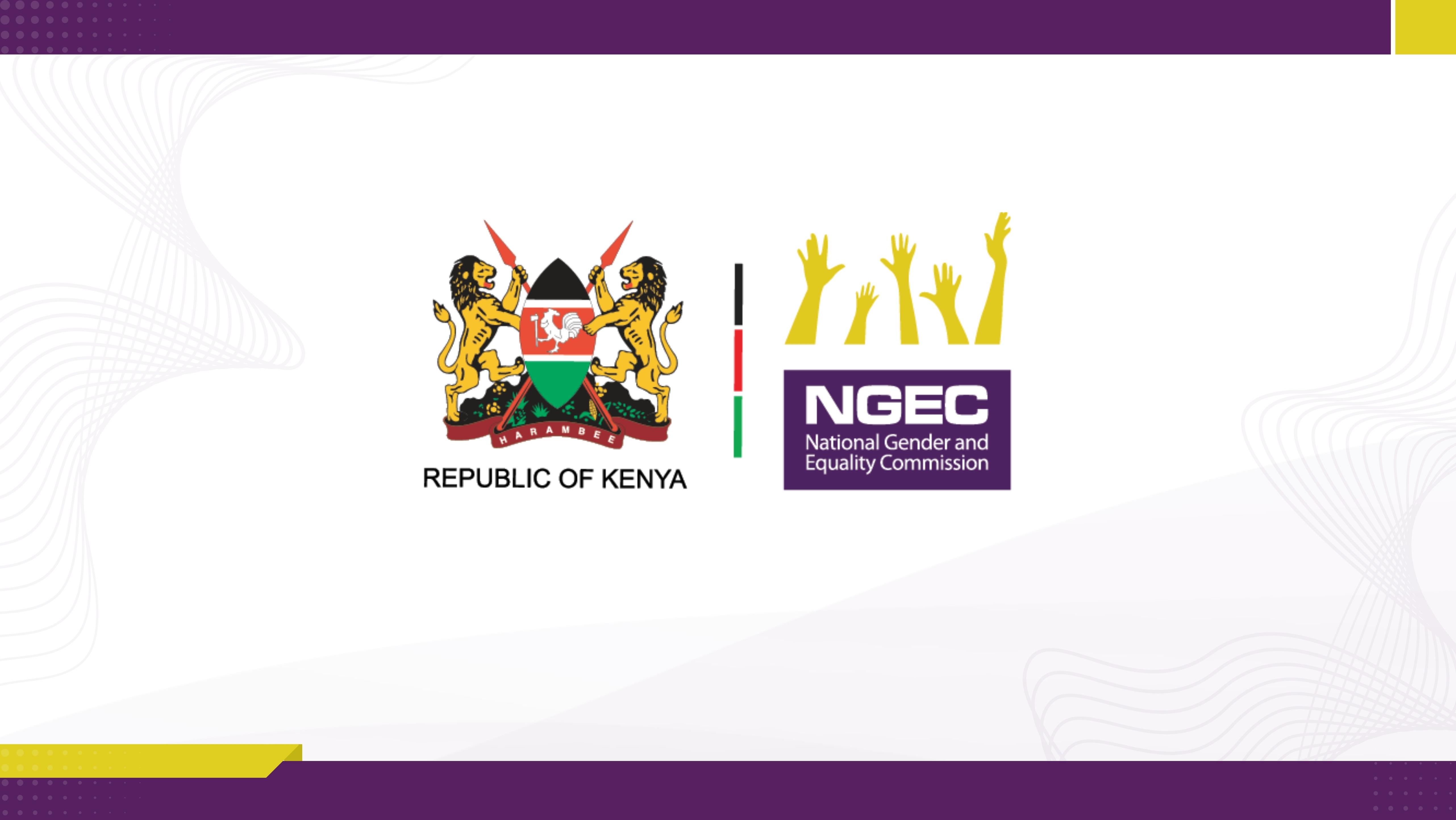Revitalizing Gender Equality: NGEC Champions Research and Data-Driven Action
Nairobi, Kenya – The National Gender and Equality Commission (NGEC) has taken a decisive step toward strengthening Gender Equality and Social Inclusion (GESI) by spearheading a multi-agency meeting focused on research, data, and collaboration.
Led by NGEC CEO Dr. Purity Ngina, the high-level meeting brought together policymakers, researchers, and development partners to explore strategies for leveraging data-driven insights to enhance equality initiatives across Kenya. The forum underscored the critical role of accurate research and evidence-based decision-making in addressing gender disparities and promoting inclusivity in all sectors. Speaking at the meeting, Dr. Ngina emphasized that meaningful impact can only be achieved through robust research frameworks and strategic partnerships. “Data is the foundation of effective policy development. Without credible research, interventions risk being misaligned with the realities on the ground. We must prioritize data-driven strategies to bridge inequality gaps,” she stated.
Discussions highlighted the need for a centralized gender research repository to track progress and inform policy adjustments. Additionally, stakeholders called for enhanced coordination between governmental bodies, civil society organizations, and academic institutions to strengthen genderfocused research and improve evidence-based advocacy.
According to the latest findings from the Kenya National Bureau of Statistics (KNBS), gender disparities persist in key sectors, with women and marginalized communities disproportionately affected by economic hardship and limited access to essential services. The meeting stressed that sustained investment in gender-focused research would help tailor interventions to the unique needs of different demographics.
Dr. Ngina reiterated NGEC’s commitment to positioning research at the core of national gender equality efforts. She also advocated for technology-driven data collection methods to improve accuracy and accessibility. “Harnessing digital tools for gender research will not only enhance efficiency but also ensure that no one is left behind in policy formulation,” she added.


Comments